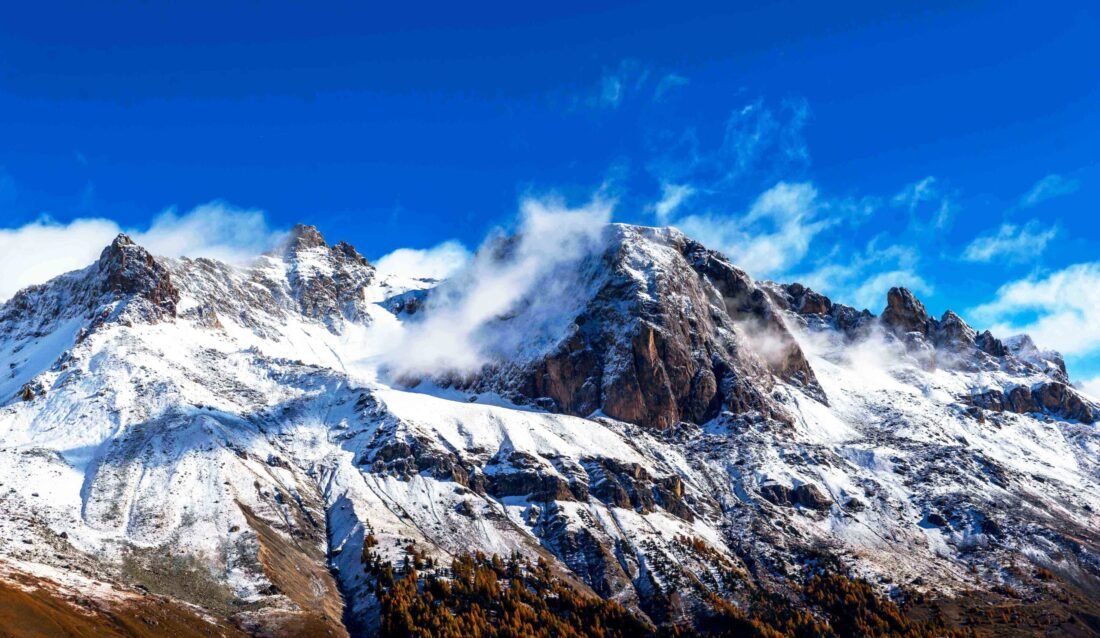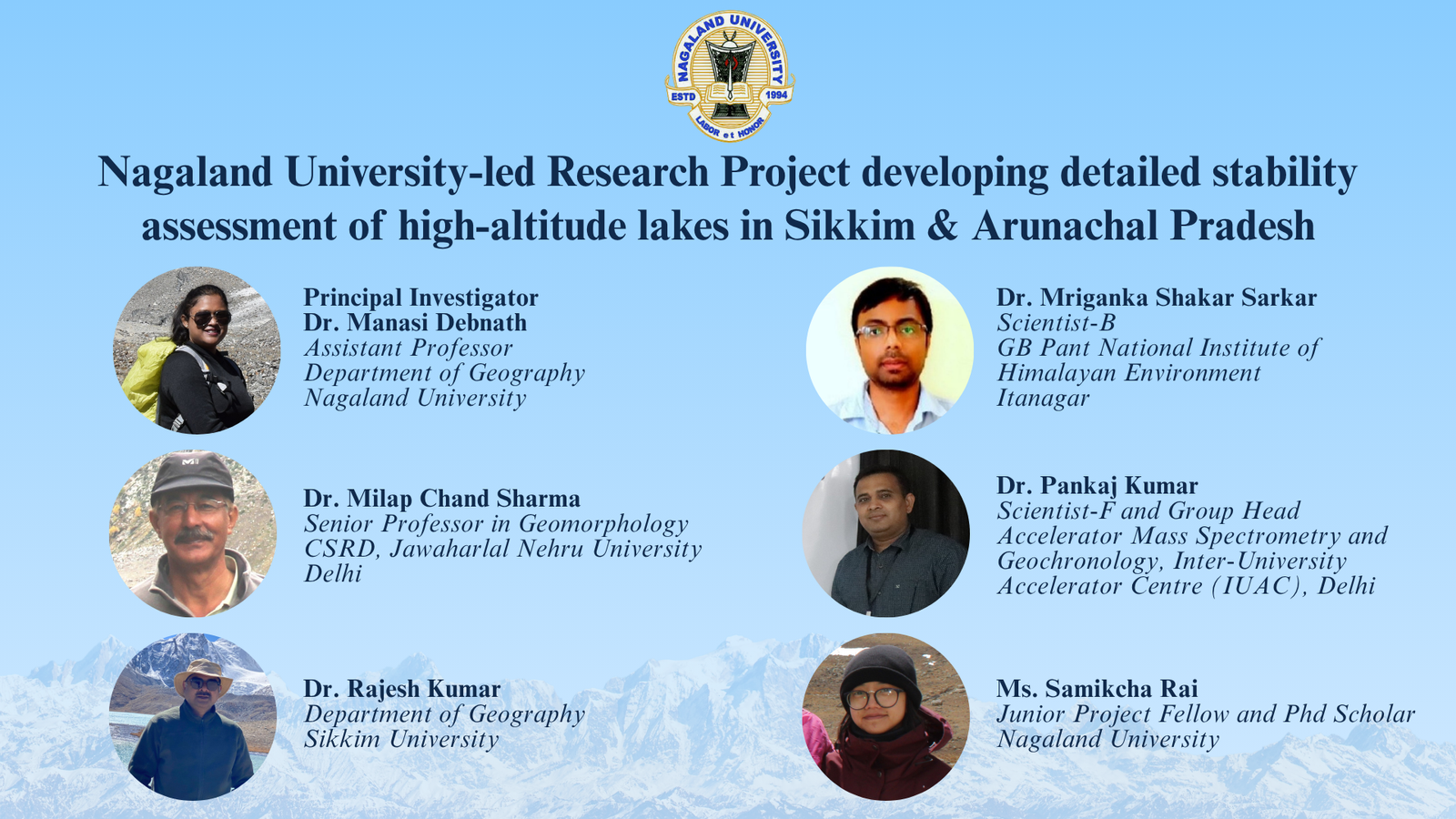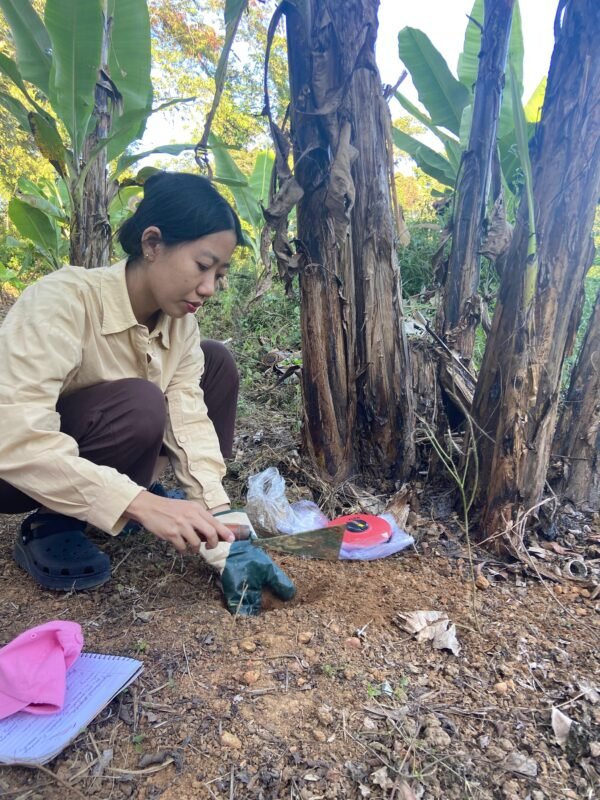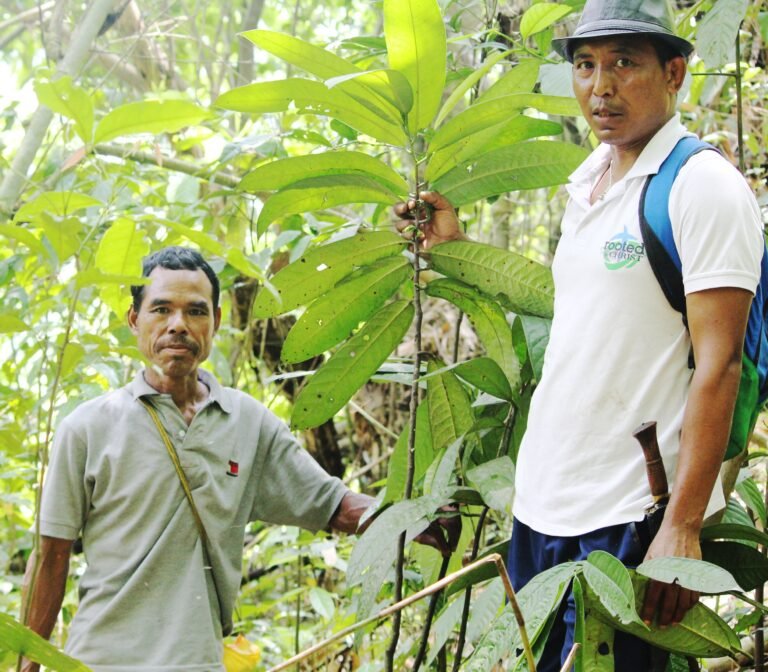Nagaland University Leads High-Impact Study on Glacial Lake Risks in Eastern Himalayas

Kohima: In a significant step toward understanding and mitigating the growing threats posed by glacial lake outburst floods (GLOFs) in the Eastern Himalayas, Nagaland University is spearheading a major multi-institutional research project focused on high-altitude lakes in Sikkim and Arunachal Pradesh.
The project, backed by the Ministry of Earth Sciences and the Ministry of Environment, Forest and Climate Change, aims to develop a detailed and near-accurate inventory and stability assessment of glacial lakes, with a particular focus on the GLOF potential of Tenbawa Lake in Sikkim and two other glacial lakes in Arunachal Pradesh.
Key partner institutions in the project include Jawaharlal Nehru University (JNU), Sikkim University, G.B. Pant National Institute of Himalayan Environment (Itanagar), and the Inter-University Accelerator Centre (IUAC), Delhi. The study is being led by Dr. Manasi Debnath, Assistant Professor at the Department of Geography, Nagaland University.
Using high-resolution satellite imagery, drone mapping, and bathymetric surveys—hydrographic tools that map underwater terrain—the research team will model 2D and 3D flood risks associated with potentially dangerous glacial lakes. This will allow them to estimate the extent and impact of possible lake breaches, with particular attention to the Lachung sub-basin in North Sikkim and the Tawang region in Arunachal Pradesh.

The study also incorporates geomorphological analysis, permafrost assessment, slope stability monitoring, and palaeo-hazard analysis to compare past and present GLOF frequencies. These insights will be essential in evaluating how contemporary climate change is accelerating glacial retreat and increasing flood risks.
“This project is a vital scientific response to the environmental vulnerabilities faced in the Eastern Himalayas,” said Prof. Jagadish K. Patnaik, Vice-Chancellor of Nagaland University. “It enhances our preparedness for natural hazards while deepening our understanding of past climate dynamics. Nagaland University is proud to lead this critical initiative that will benefit both society and the environment.”
Principal Investigator Dr. Manasi Debnath noted the uniqueness of the research, stating, “Glacial lakes in Sikkim and Arunachal have not been studied in detail for their breach characteristics and downstream inundation zones. Since Arunachal’s lakes feed into the Brahmaputra, any breach could have far-reaching and devastating consequences.”
She added that the project will also identify ecological risks, knowledge gaps, and freshwater storage potential, with findings to be shared with policymakers and planners for disaster risk reduction and sustainable development planning.
The project will also support the growth of Nagaland University’s newly established Glacier and Mountain Research Lab, enhancing regional research capacity in glaciology, geomorphology, and climate science.
Co-Principal Investigators of the study include Dr. Milap Chand Sharma (JNU), Dr. Rajesh Kumar (Sikkim University), Dr. Mriganka Shankar Sarkar (GBPNIHE), and Dr. Pankaj Kumar (IUAC). Junior Project Fellow and PhD scholar Ms. Samikcha Rai from Nagaland University is also contributing to the research.



